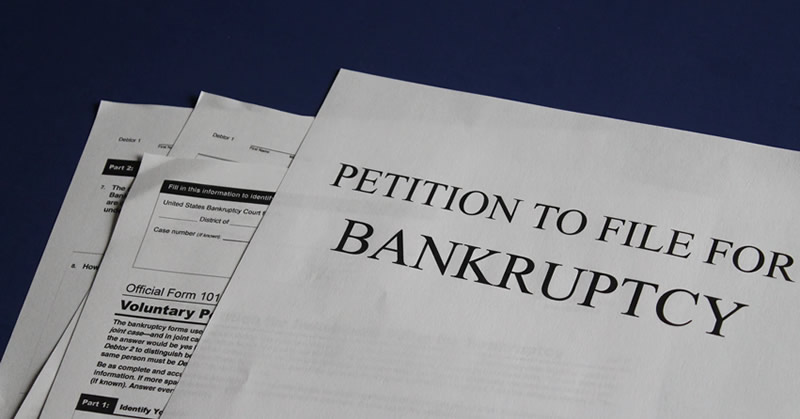A person can be declared bankrupt either by a creditor making an application to the court which results in the person becoming bankrupt, or the person themselves can file a ‘debtor’s petition’ declaring themselves bankrupt. A bankruptcy trustee is immediately appointed to take control of the bankrupt’s assets and income in an attempt to pay their debts.
The Bankruptcy Act 2006 (Cth) allows the Family Court to deal with bankruptcy matters within Family Law proceedings, rather than a separate Court. Immediately a party becomes bankrupt and family law proceedings are on foot, they must notify the Court. The trustee is then joined as a party to the family law proceedings and the bankrupt is not permitted to make submissions concerning property controlled by the trustee. Essentially the negotiations or litigation is conducted between the trustee and the non-bankrupt spouse.
It is open to the non-bankrupt party to make application to the Court for an injunction to stop the bankruptcy trustee from distributing any assets of the bankrupt before the family law property proceedings are finalised. The Court may even decide to order that the trustee transfer assets to the spouse of the bankrupt if it is justified.
Child Support & Spousal Maintenance
In addition, despite a person being bankrupt, a Court can still make orders that they are to pay child support and/or spousal maintenance, and these payments are deemed to be debts of the bankrupt. They can be taken from the bankrupt’s tax return, or even directly from the bankrupt’s wages.
However, the Court must consider the competing claims of any creditors together with the interests of the spouse of the bankrupt when making a determination.
Property Proceedings
The bankruptcy trustee cannot commence family law property proceedings, so if a non-bankrupt spouse commences proceedings after a declaration of bankruptcy, any property that the bankrupt receives from the settlement becomes the property of the trustee and is used to pay their debts.
Timing Is Everything
The timing of the commencement of family law proceedings and when a party becomes bankrupt is important and can be problematic as the Bankruptcy Act provides that if the proceedings are commenced by a person and they then become bankrupt, all civil proceedings they have commenced will be stayed. This can lead to parenting proceedings being stayed as an unintended consequence.
It is crucial to obtain specialist legal advice when parties are part of family law proceedings and one or the other is bankrupt or becomes bankrupt during the proceedings.
Tiyce & Lawyers – we’re here when you need us.






